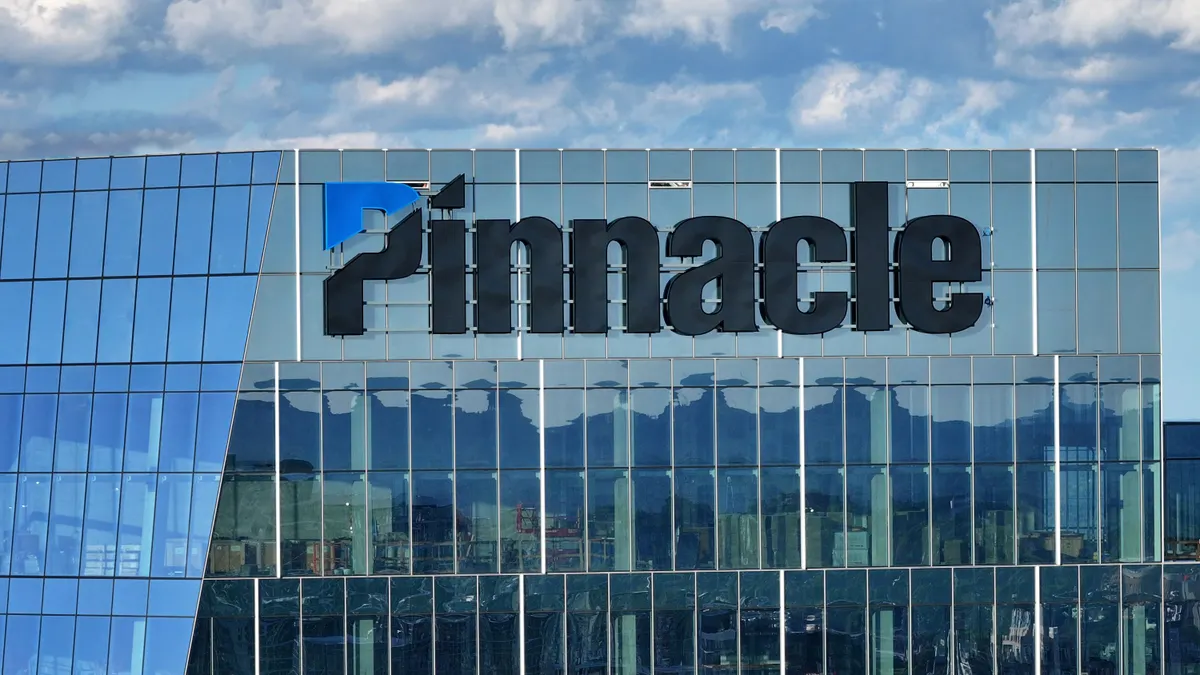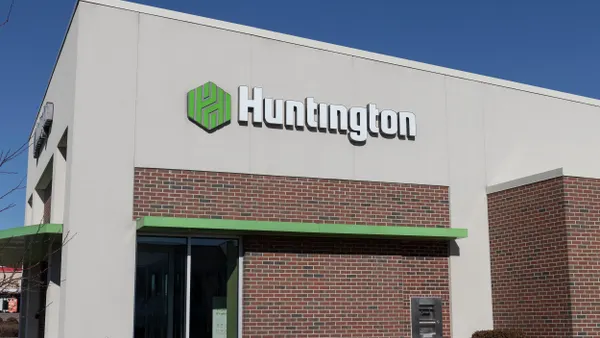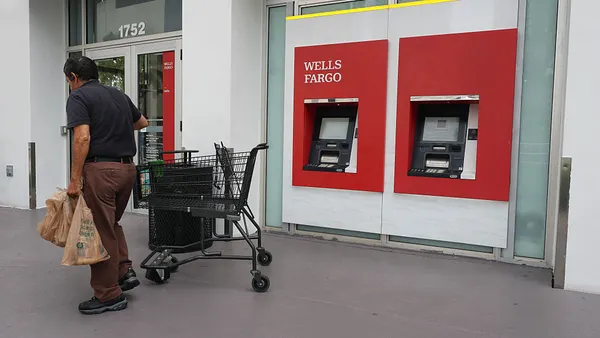Dive Brief:
-
An appropriations bill passed by the House of Representatives on Friday includes an amendment to allocate $2 million for a postal banking trial program.
-
The amendment was introduced by Reps. Bill Pascrell, D-NJ, and Marcy Kaptur, D-OH, who say a banking system run by the U.S. Postal Service would aid the country’s "30 million unbanked and underbanked Americans."
-
"[I]t is clear the free market banking sector has left too many working families behind, especially communities of color," Kaptur said in a statement. "As our Nation reels from the dual COVID-19 public health and economic crisis, financial resilience and interconnectivity are more important than ever."
Dive Insight:
A banking system run by the U.S. Postal Service is not a new concept. Postal banking was available in the U.S. from 1911 to 1967, according to the Campaign For Postal Banking.
The coronavirus pandemic has brought renewed attention to an idea that some advocates say would provide low-cost financial services to poor and rural communities that lack bank branches.
Ninety percent of ZIP codes lacking a bank or credit union are in rural areas, and approximately 46% of Latino and 49% of African-American households are underbanked, Pascrell said in a statement.
"With a branch in every rural and urban ZIP code and trusted by all Americans, the Postal Service must provide a financial lifeline to those in need," he said.
A postal banking system would have aided in the delivery of the coronavirus stimulus checks, said Mehrsa Baradaran, a law professor specializing in banking law at the University of California, Irvine.
Most of the stimulus checks, part of the $2.2 trillion CARES Act, which President Donald Trump signed into law in May, have been deposited into individual bank accounts using account information that the IRS has on file for taxpayers.
While many Americans began receiving their stimulus checks in mid-April through direct deposit, unbanked households faced a longer wait for paper checks.
"If you don't have a bank account, you could wait five weeks or five months, for some people, and then you have to go pay someone to cash it for you," Baradaran said.
Banking trade groups, however, have pushed back on proposals to revisit postal banking.
In a letter sent to House leaders Thursday, the American Bankers Association and the Bank Policy Institute, along with seven other trade groups, urged lawmakers to reject the amendment.
"Although we appreciate — and strongly support — efforts to increase financial inclusion across the country, we are deeply concerned that allowing the U.S. Postal Service to provide banking services will be beyond the Postal Service’s core competencies, will raise a number of serious regulatory and consumer protection questions, and could leave consumers less protected than they would be at a regulated financial institution," the trade groups wrote.
Republicans on the House Financial Services Committee also opposed the measure, saying a postal banking system would present increased competition for community banks.
"This would be detrimental to customers and harm community financial institutions already struggling to comply with the regulatory burdens imposed by Dodd-Frank," House Republicans said in a press release Friday.













